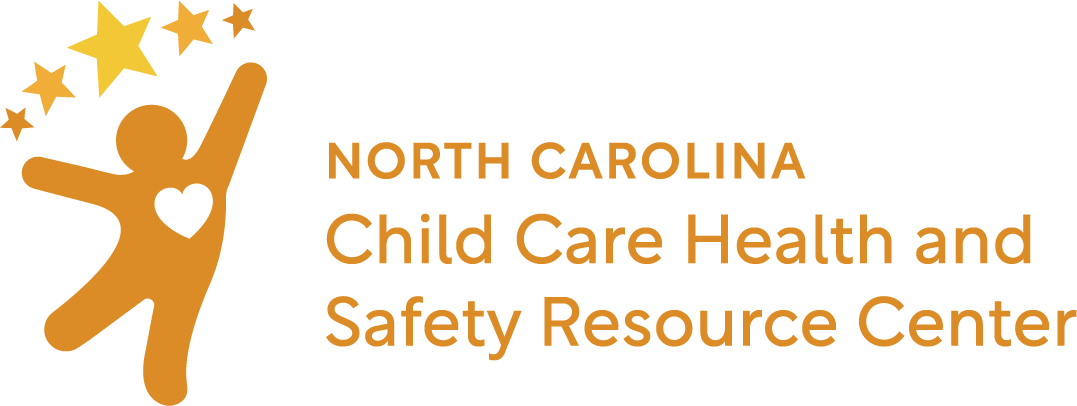
Information from the Healthy Child Care Pennsylvania ECELS Program
The influenza (flu) virus is common and unpredictable. It can cause serious complications, even in healthy children. The Centers for Disease Control and Prevention (CDC) reports 136 influenza-related pediatric deaths for 2018-2019. The 2018–2019 influenza season was the longest-lasting season reported in the United States in the past ten years. Certain people are more at risk for serious flu-related complications. These include:
- Children younger than 5 years of age, especially those younger than 2 years
- Preterm infants
- Children of any age with certain long-term health problems, for example, asthma or other lung disorders, heart disease, or a neurologic or neurodevelopmental disorder
- Pregnant women
- Older adults age 65 years and older: Immune systems decline as adults age.
The influenza vaccine is on the recommended Advisory Committee on Immunization Practices (ACIP) schedule and is recommended for children 6 months of age and older in child care.
The flu vaccine helps reduce serious illness and deaths that occur every year from influenza. For the 2019-20 flu season, the national American Academy of Pediatrics (AAP) advises that any licensed, recommended, age-appropriate vaccine available can be administered. Flu mist is an approved form of the vaccine for this season. Some children may need two doses of flu vaccine. Get flu vaccine as soon as it is available for the current season.
Flu Vaccine for Child Care Staff Educators and staff can help reduce the spread of respiratory illnesses like flu and colds. In addition, adult flu vaccination protects vulnerable young children in child care programs. Infants less than 6 months of age are too young to get the flu vaccine. It is especially important for everyone who comes in contact with infants to get flu vaccine. This will help protect babies from exposure to the virus.
Many people say they have had the flu when they had an uncomfortable respiratory illness. However, short, mild-to-moderate illnesses are most often caused by other seasonal viruses. Usually, influenza causes a severe and long-lasting illness.
Link to the CDC website: Information for Schools & Childcare Providers to find information about preventing the flu as well as materials and tools for early care and education (ECE) programs and schools. Promote full participation in this year’s immunization effort for children and staff in your ECE program:
- Consider offering flu vaccine on-site for staff. Some pharmacies offer this service.
- Identify a Flu Vaccine Champion. This staff member can promote the importance of vaccination for children, staff and family members. Documenting staff members that are vaccinated can be important in the event of an outbreak. Consider offering incentives such as a $5 gift card for staff who get flu vaccine.
- Offer help if needed to find convenient locations to get the vaccine. Use the Flu Vaccine Finder. Enter the zip code or address for your location in the upper right hand box.


